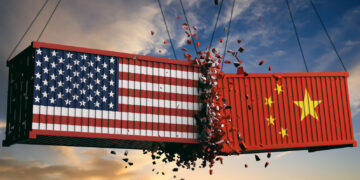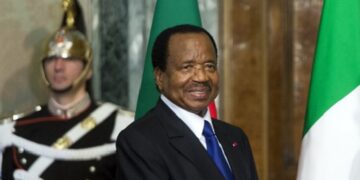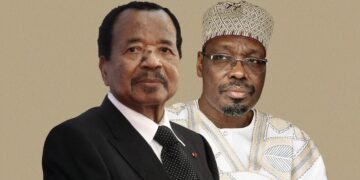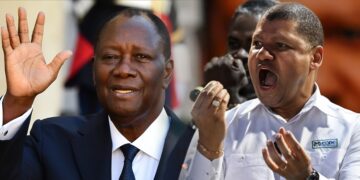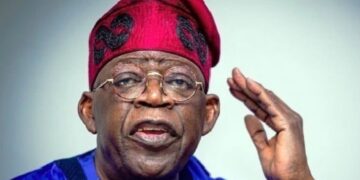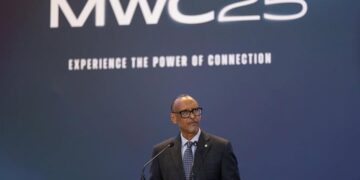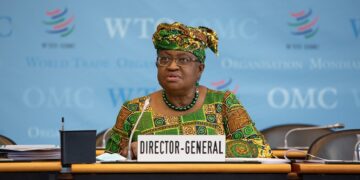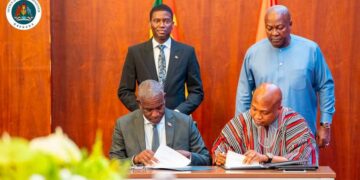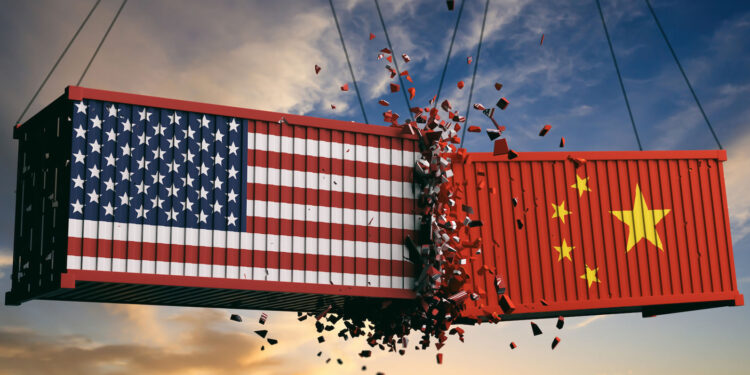In a significant de-escalation of their years-long trade war, the United States and China announced a mutual rollback of punitive tariffs during a joint press conference Monday.
The temporary agreement, negotiated over the weekend in Geneva, will slash U.S. tariffs on Chinese goods from 145% to 30%, while China will reduce its duties on American products from 125% to 10%, with changes taking effect by May 14.
A Temporary Respite
U.S. Treasury Secretary Scott Bessent hailed the 90-day truce as “very productive,” emphasizing that neither nation seeks economic decoupling. “The consensus is that these tariffs had become the equivalent of an embargo,” Bessent stated, acknowledging the $1.2 trillion U.S. trade deficit that previously prompted President Donald Trump to declare a national emergency.
The deal offers immediate relief to businesses and consumers battered by supply chain disruptions and inflationary pressures.
Path to Long-Term Stability
Both nations agreed to establish a high-level dialogue mechanism, led by Chinese Vice Premier He Lifeng alongside Bessent and U.S. Trade Representative Jamieson Greer, to sustain negotiation momentum. Future talks may rotate between China, the U.S., or neutral venues like Switzerland, which facilitated this round. Greer clarified that non-tariff trade measures remain unchanged for now but suggested future discussions could address purchase agreements to rebalance trade flows.
Global Implications
China’s Commerce Ministry framed the truce as meeting “the expectations of producers and consumers,” urging the U.S. to “correct the wrong practice of unilateral tariff increases.” Swiss President Karin Keller-Sutter, whose country hosted the talks, pledged continued mediation support. The breakthrough follows months of escalating tensions after Trump’s steep tariff hikes in January, which triggered Beijing’s retaliatory measures.
While the agreement marks the most substantial thaw in trade relations since 2018, its longevity hinges on progress within the 90-day window. Analysts caution that without concrete steps toward structural reforms—particularly regarding intellectual property and market access—the détente could prove fleeting. For now, global markets welcome the reprieve, even as both powers navigate an economic relationship that remains equal parts vital and volatile.
